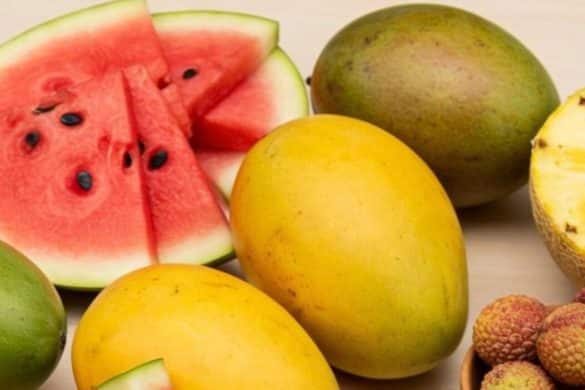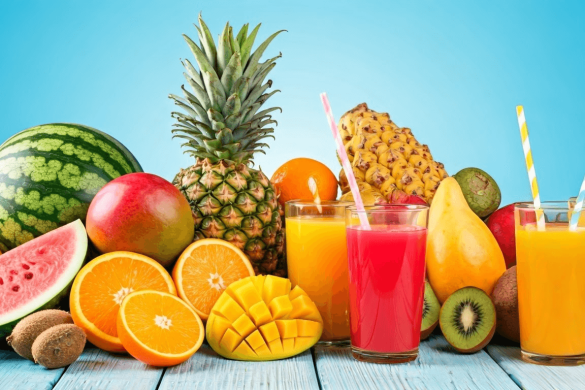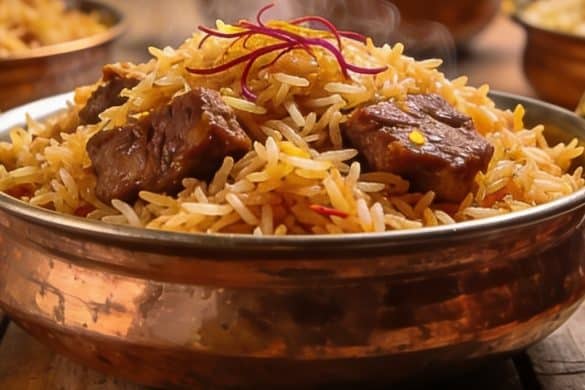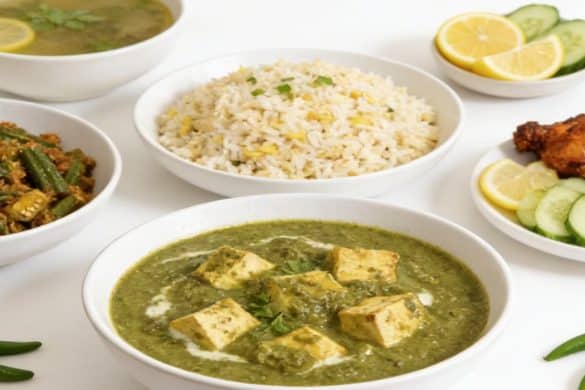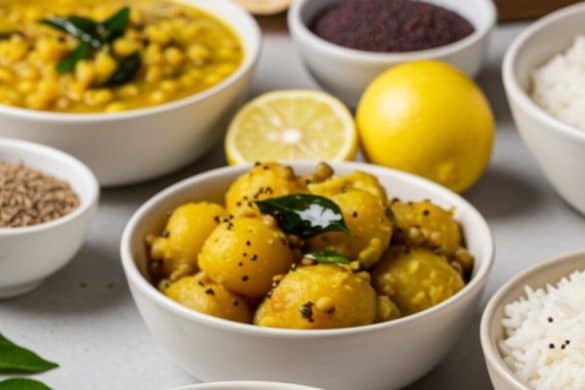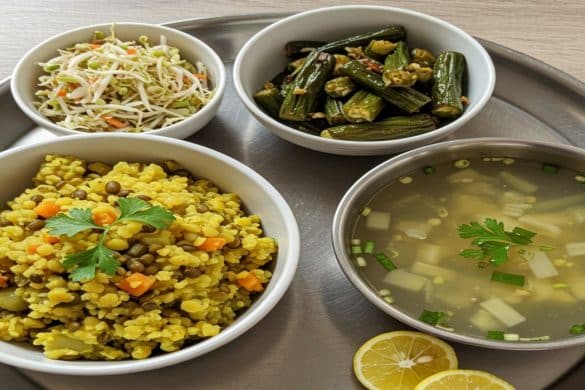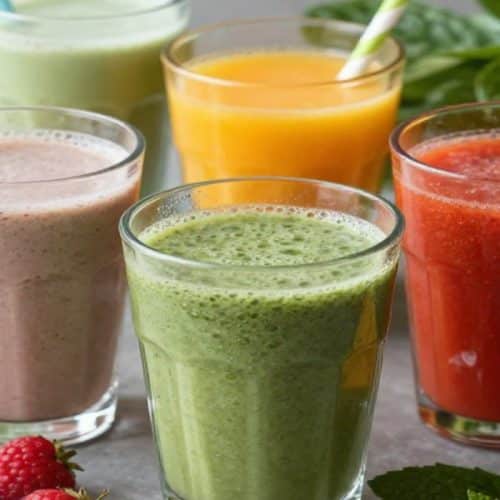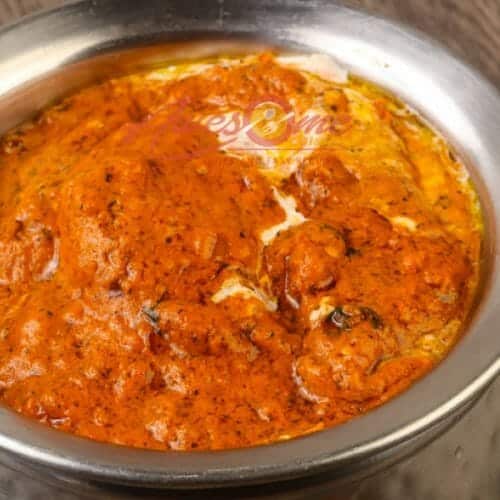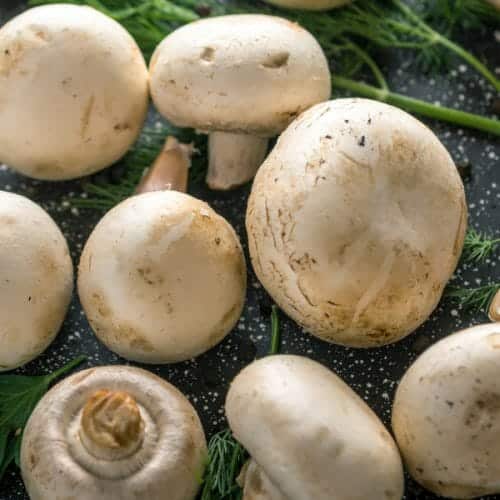Dal, or lentils, are a part of indian cuisine, cherished for their comforting flavours. Beyond taste, dals like Moong, Urad, Toor, Masoor, and Chana are packed with essential nutrients! So, if we’re talking about a healthy diet, dal will have a place.
Rich in high-quality proteins, vitamins, minerals, and fibre, dals provide a nutrient-dense boost to meals. They support heart health, aid digestion, and help in weight management, making them a go-to for anyone aiming for a balanced diet.
Including dal in your meals is about choosing a healthy food that supports your overall health. Do you want to learn more about the benefits of different types of dals and why they are a must-have in Indian cooking? Let’s get started!
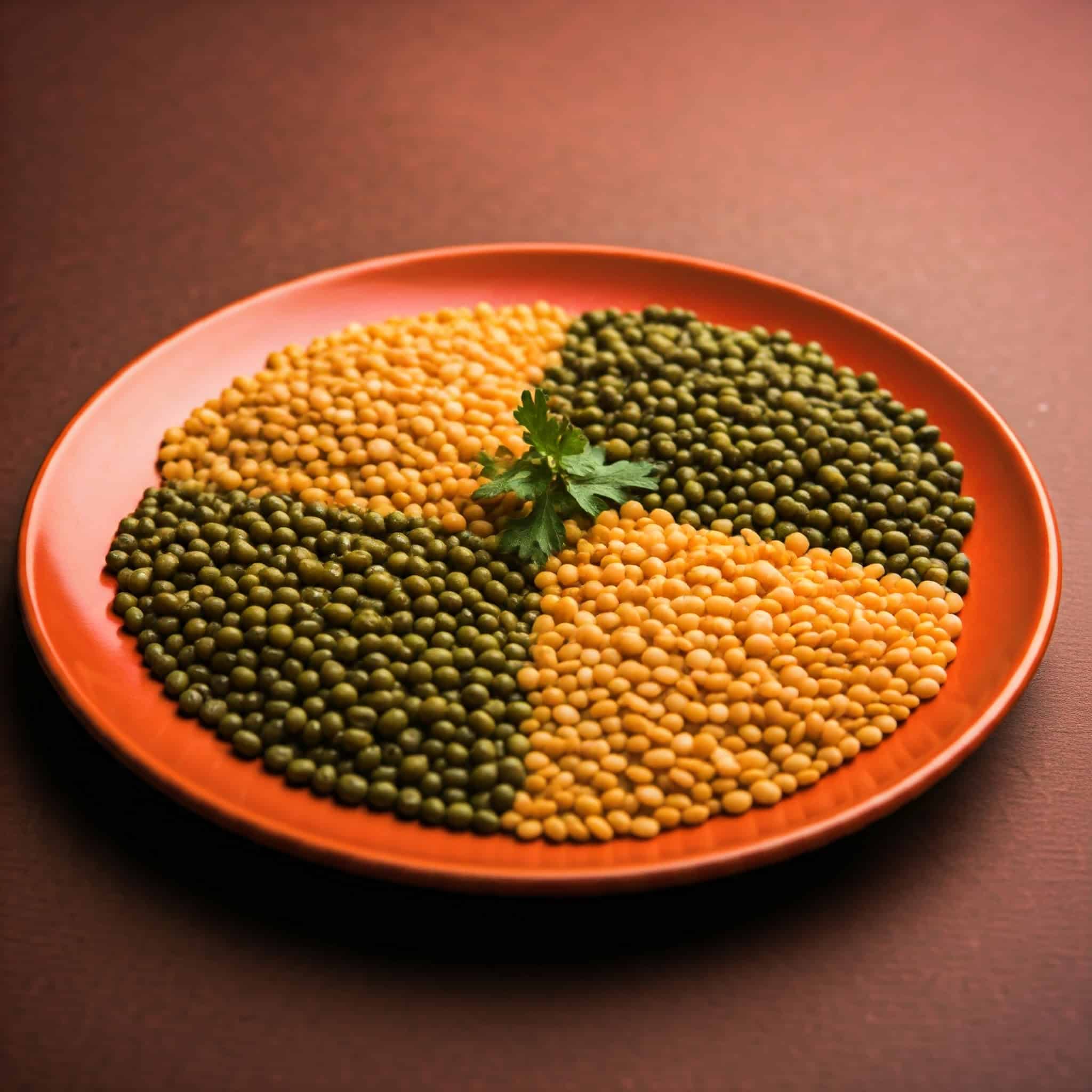
A colourful plate of different types of dal, including masoor dal, urad dal, toor dal, and moong dal.
Dal Types and Their Nutritional Value
Indian cuisine features a variety of dishes, including green gram dal (Moong), each with its own nutritional benefits. The most popular ones are Moong, Urad, toor, Masoor, and Chana Dal. Each type has a unique taste and is packed with proteins, fibre, vitamins, and minerals, making it one of the prime sources of protein in a healthy diet. Let’s take a closer look at these excellent sources of plant-based protein.
1. Moong Dal
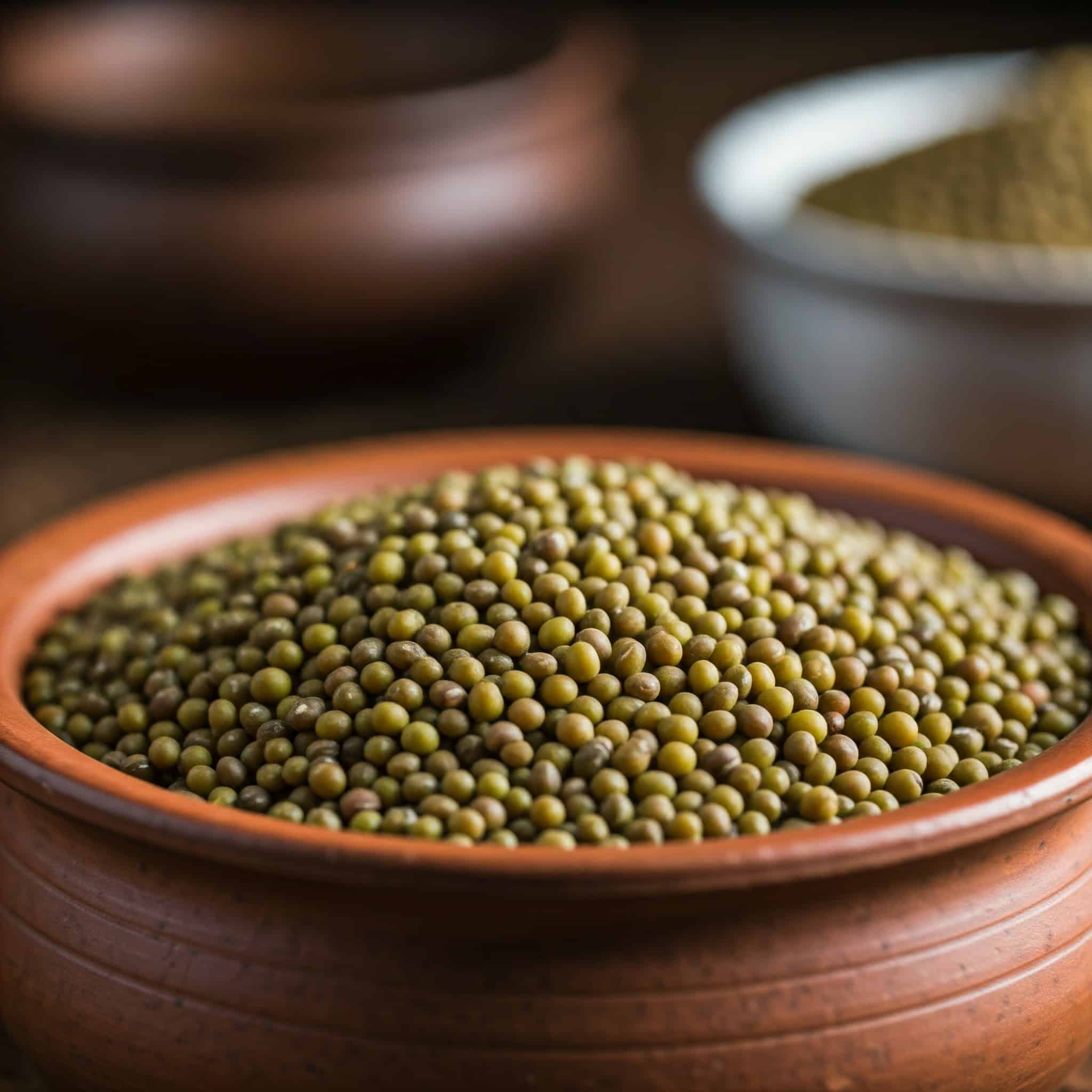
A bowl of uncooked moong dal lentils.
Moong Dal stands among the most preferred ones in Indian households, majorly due to its easy digestibility. It’s not just a prime source of protein but also packs in dense nutrients like magnesium, manganese, copper, potassium, zinc, and phosphorus. If you’re someone struggling with cholesterol and blood sugar levels, consuming moong dal can help.
Check out Moong dal chaat recipe.
2. Urad Dal
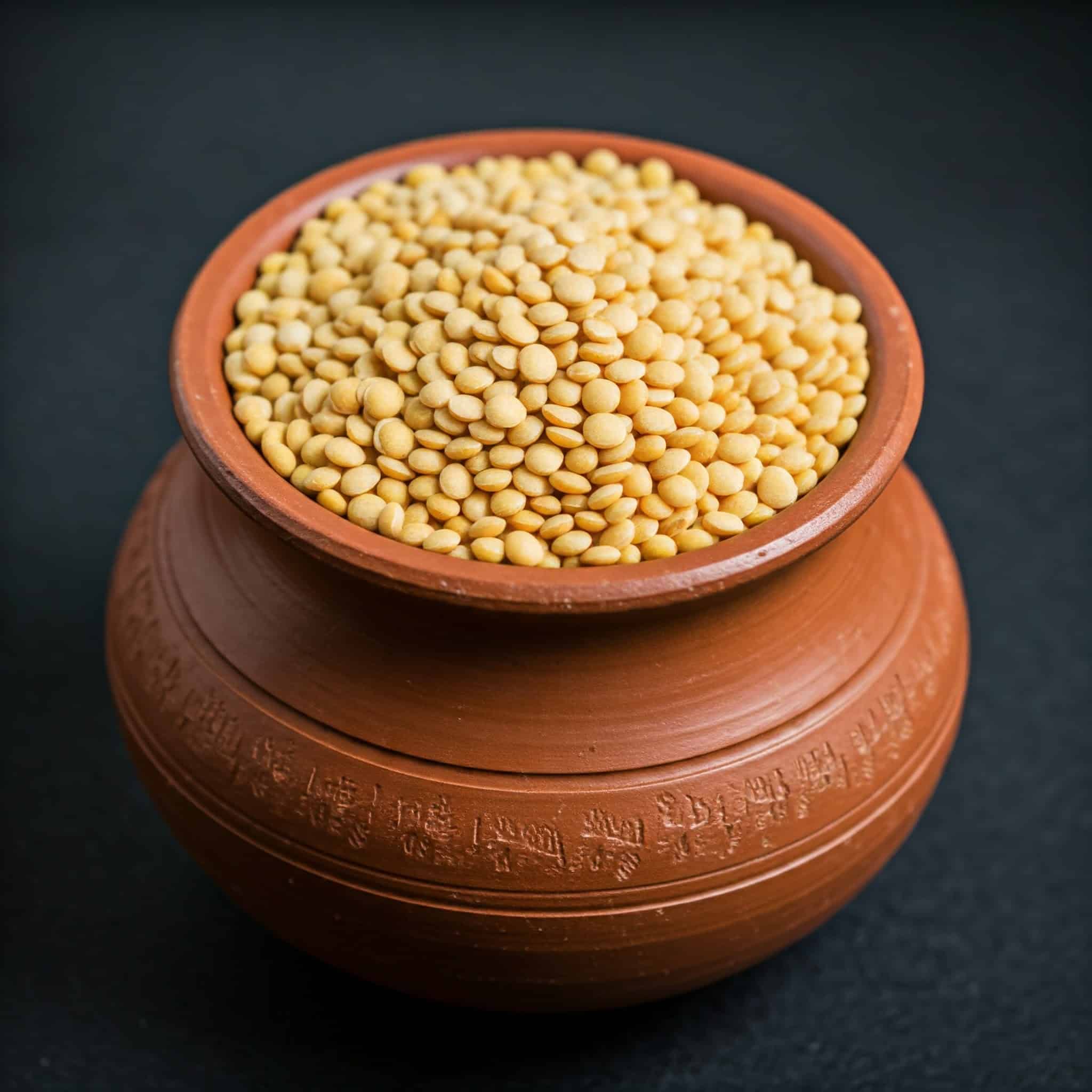
A bowl of uncooked urad dal lentils.
Do you like dal makhani? If you do, the dal they talk about is urad dal. It’s an excellent source of proteins, iron, and fibre. Additionally, it has notable quantities of calcium and Vitamin B, contributing to your overall bone strength and metabolic processes.
3. Toor Dal
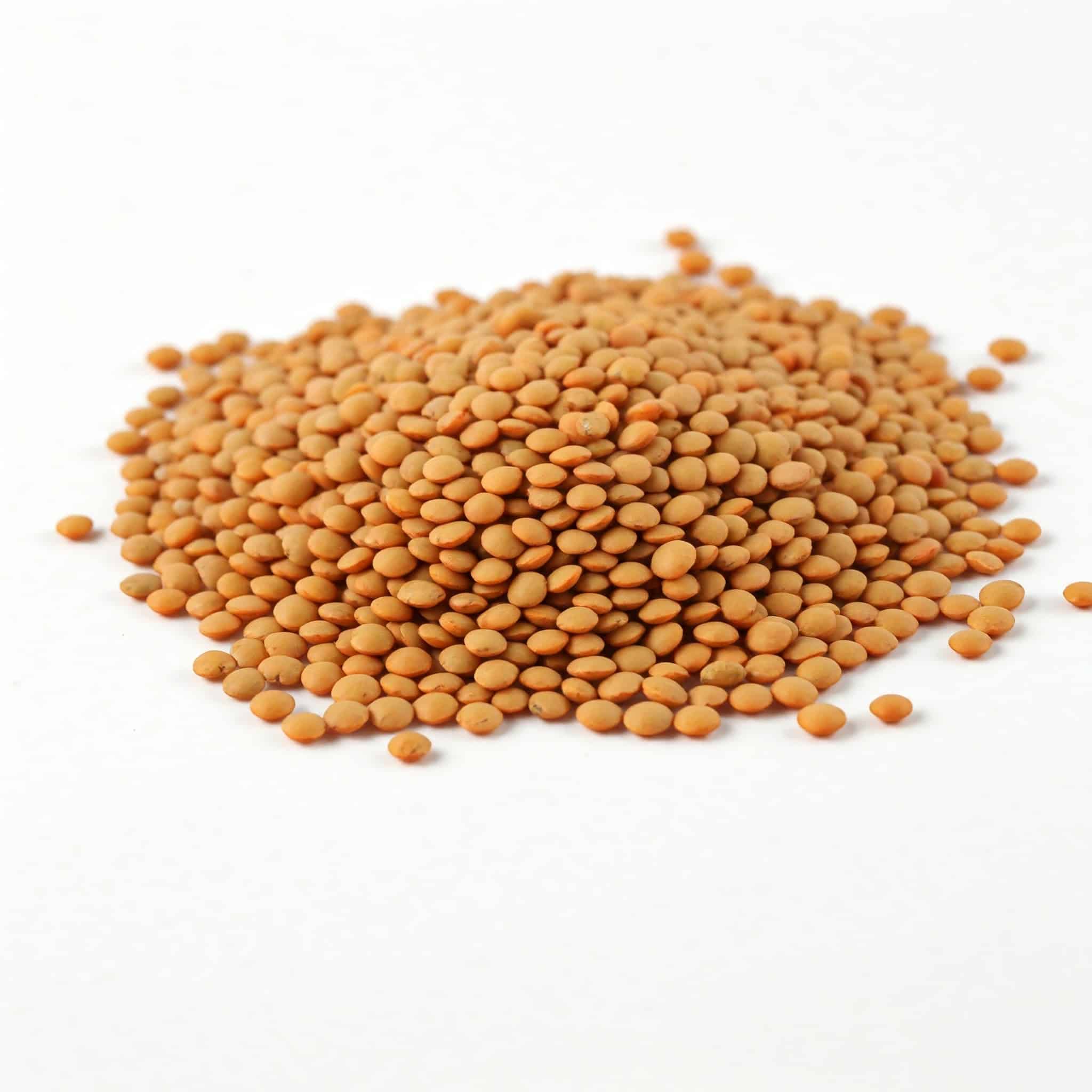
A bowl of uncooked toor dal lentils.
Toor dal, or pigeon pea, is a staple in Indian households. This source of protein and nutrients like B vitamin also helps manage weight, control blood sugar levels, and promote heart health. This versatile lentil also boosts energy levels, strengthens immunity, and supports healthy skin and hair, making it a valuable addition to a balanced diet.
4. Masoor Dal
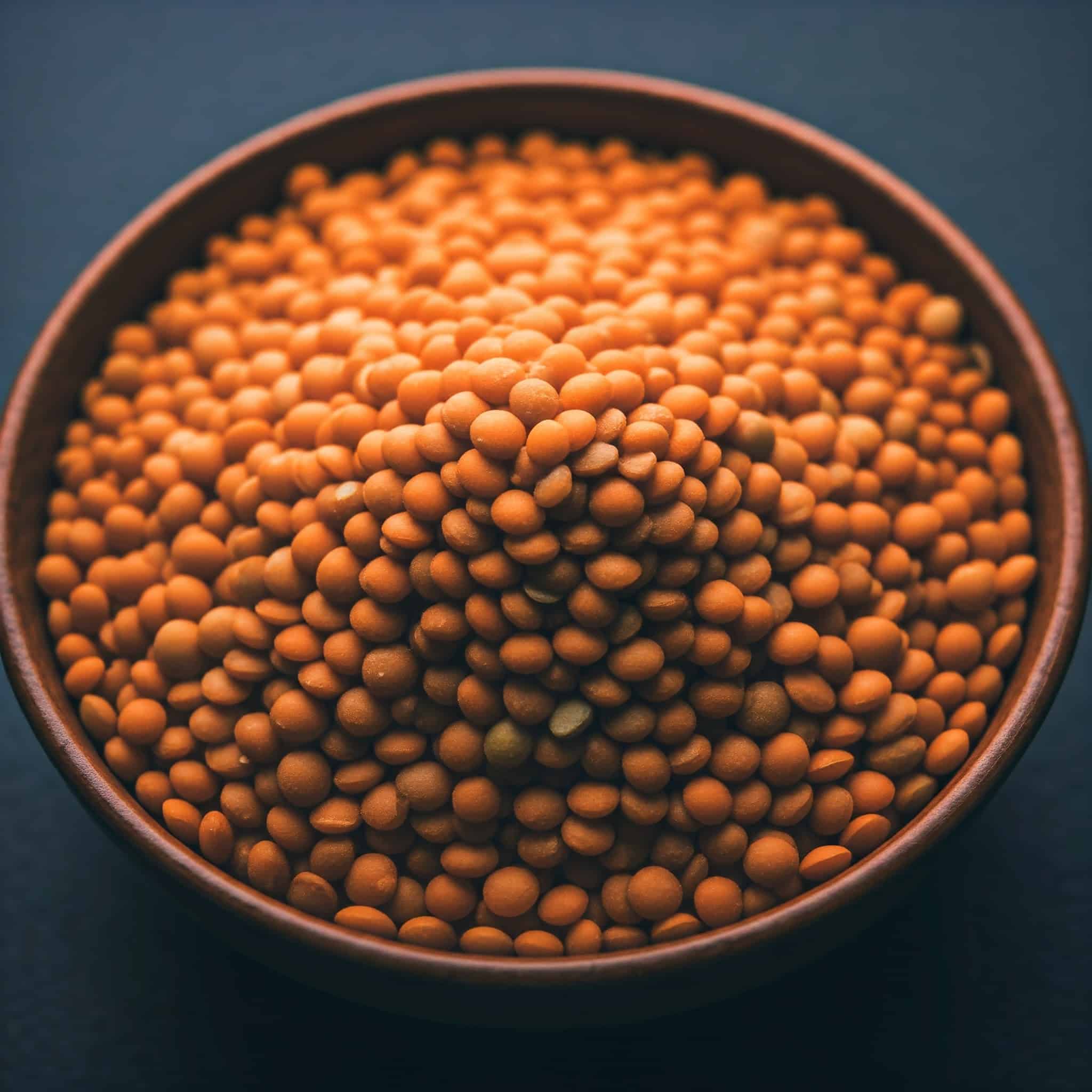
A bowl of uncooked masoor dal.
Another popular choice in our Indian household is masoor dal. It is a rich source of essential nutrients, including B vitamins, protein, and dietary fibre. If you want to lose weight in a healthy way or take steps toward blood sugar control, gut health, and heart health, this dal should be your go-to. Its high fibre content promotes digestive health and boosts energy levels.
5. Chana Dal
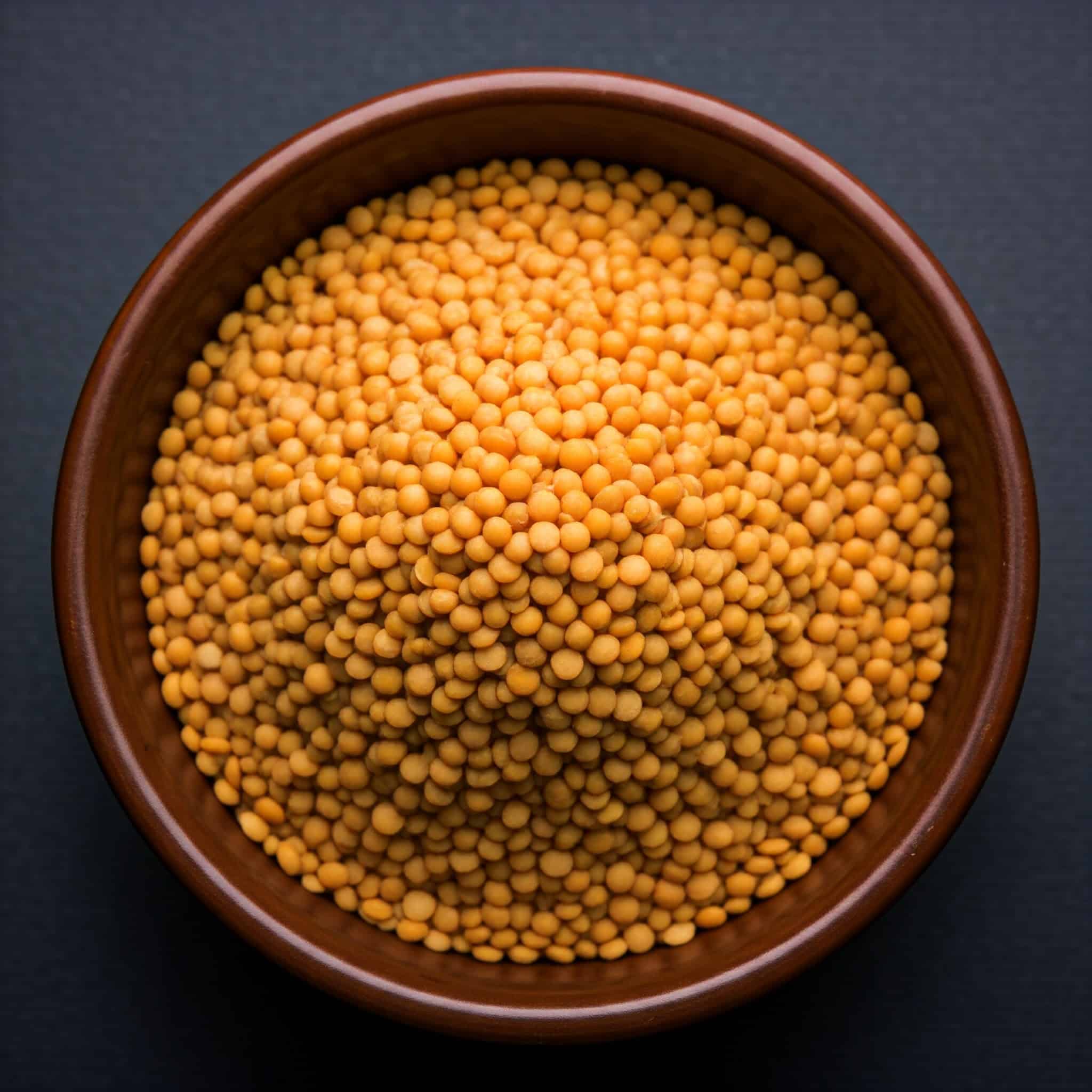
A bowl of chana dal lentils
Chana dal, another staple in Indian households, is rich in protein and essential nutrients while being low in calories. It aids in weight management and controls blood sugar levels. Additionally, it promotes heart health, enhances digestive health, boosts energy levels, strengthens immunity, offers a lot of protein, supports healthy skin and hair, and can be used in various curries. Include this versatile legume in your daily diet for a nourishing and delicious way to improve your overall well-being.
Also, check out the chana dal pulao recipe.
What are the Different Health Benefits of Consuming Dal Daily?
We’re sure you are aware of how beneficial dal is. From protein to nutrients and dietary fibre, dal provides everything you need as part of your diet plan. Below, we have discussed the top 8 benefits of eating dal, so stay tuned.
1. Rich Source of Protein and Essential Nutrients
Dal is a fantastic way to boost protein intake and pack meals with essential nutrients. Dal is loaded with B vitamins and is great for muscle repair and growth. It also provides vital minerals like potassium, magnesium, and zinc that support various body functions.
Adding dal to your daily diet can be an easy and delicious way to enhance your overall nutrition. So, next time you plan a meal, don’t leave out dal – it’s a simple, tasty choice that your body will thank you for!
2. Stay Full and Manage Your Weight with Dal
Thanks to its high protein and fibre content, Dal is a great way to help manage your weight. It keeps you feeling full for longer, making you less likely to overeat or reach for unhealthy snacks.
If you didn’t already know, dal has a low glycemic index, which helps regulate blood sugar levels and can promote fat loss. This nutritious staple in Indian households is healthy and delicious, allowing you to enjoy a satisfying meal without compromising taste.
3. Keeps Your Blood Sugar in Check
Dal is great for keeping your blood sugar levels steady. Thanks to its low glycemic index and high fibre content, it releases glucose slowly, preventing sudden spikes. This makes it a good option for those managing diabetes.
Dal is also rich in B vitamins, which support your overall metabolism and help keep blood glucose levels stable. Adding dal to your meals regularly can be a simple and effective way to help control your blood sugar.
4. Boost Your Heart Health with Dal
Did you know that eating dal can do wonders for your heart? Yes, the high fibre content in dal helps manage cholesterol levels and blood pressure, lowering the risk of heart disease.
Dals like masoor dal and chana dal are also packed with potassium, magnesium, and folate-essential nutrients for keeping your heart healthy and your blood pressure in check. So, if you want to keep heart-related issues at bay, add dal to your diet.
5. Supports a Healthy Digestive System
Dal is a great choice for keeping your digestive system in good shape. Packed with fibre and essential nutrients, it helps promote regular bowel movements and prevent constipation. The high fibre content in dal keeps things moving smoothly and supports a healthy gut.
Including dal in your daily meals can improve digestion and help your body absorb nutrients more effectively from other foods. It’s a simple addition to your diet that can greatly improve your overall digestive health.
6. Energise Your Day with Dal
Dal is a nutrient-packed food that can give you a steady boost of energy throughout the day. Rich in protein and essential nutrients, dal provides a slow and sustained release of energy, helping you stay active and alert for longer.
It’s perfect for beating midday slumps and keeping fatigue at bay. Adding dal to your meals is a simple and tasty way to enhance your energy levels and stay focused, making it a smart choice for anyone looking to improve their overall vitality and productivity.
7. Boost Your Immunity
Eating dal is a great way to strengthen your immune system. Dal is packed with essential nutrients like proteins, vitamins, and minerals that help your body stay strong and ready to fight off infections.
These essential nutrients support overall health and make dal a powerful addition to your diet for boosting immunity. Including dal in your daily meals gives your body the tools to defend itself against illnesses and stay healthy. It’s a simple, delicious step toward a stronger immune system!
8. Supports Healthy Skin and Hair
Dal provides essential nutrients like protein, zinc, and biotin that support healthy skin and hair. Protein content aids tissue repair and growth, while zinc promotes skin health. Biotin, found in dals, helps maintain strong hair.
Including dal in your diet can contribute to nourished skin and luscious hair, making it a great addition to your daily meals for overall well-being. You must experience the power of dal for a healthy body, radiant skin, and shiny hair.
Wrapping up
By now, you can see how adding a variety of Indian dals to your daily meals in India can do wonders for your health and well-being. From boosting heart health and helping with weight management to keeping your energy levels up and your skin and hair glowing, Indian dals are a true powerhouse of nutrition.
You must fully utilise the goodness of dal in your diet. Dal not only brings a delicious touch of Indian cuisine to your plate but also helps you tap into its rich nutritional benefits. So, make dal a regular part of your meals and enjoy a healthier, more balanced lifestyle!
Frequently Asked Questions
Can eating dal every day lead to any health issues?
Consuming dal daily is generally safe and beneficial. However, excessive intake may lead to digestive issues like bloating or flatulence in some individuals. Moderation is key to enjoying the health benefits of dal without facing any potential health issues.
Which dal has the highest protein content?
Among different dals, chana dal has the highest protein content. This makes it an excellent choice for vegetarian diets looking to increase protein intake.
How can I make my dal more nutritious?
By sprouting dal, you increase its nutrient content. Add veggies like spinach or tomatoes for extra vitamins. Use healthier cooking methods like pressure cooking. Avoid overcooking to retain maximum nutrients.
Is Dal healthy for Weight Loss?
Consuming dal is beneficial for weight loss due to its high protein and fibre content, aiding in satiety and metabolism. Its low glycemic index helps regulate blood sugar levels, supporting weight management.
Are Dals Good For Digestion?
Dals are excellent for digestion due to their high fibre content, aiding in smooth bowel movements and overall digestive health. They also contain enzymes that assist in breaking down food, promoting better nutrient absorption.

